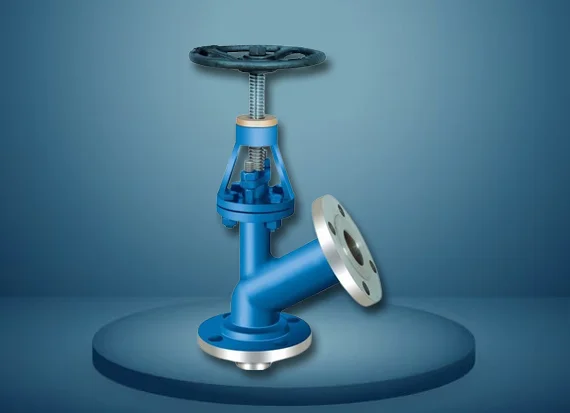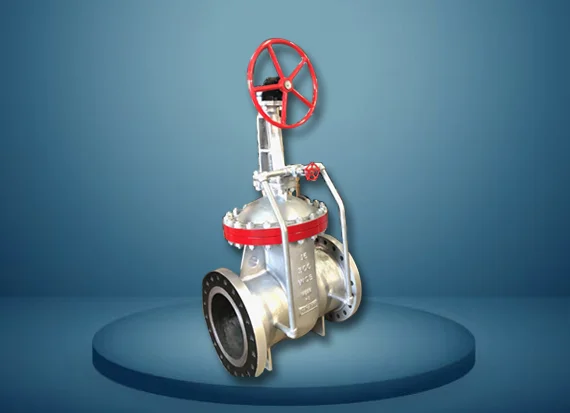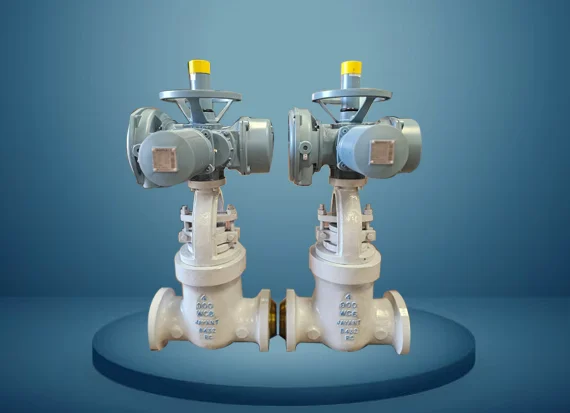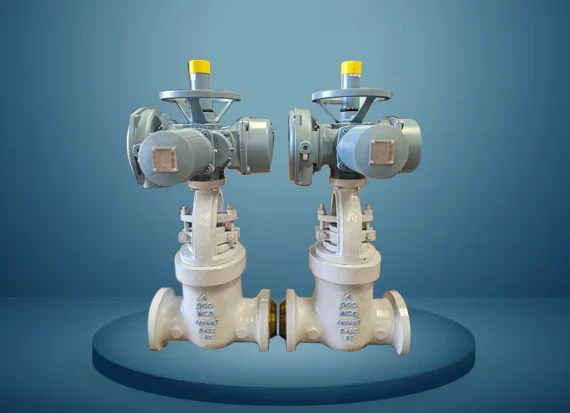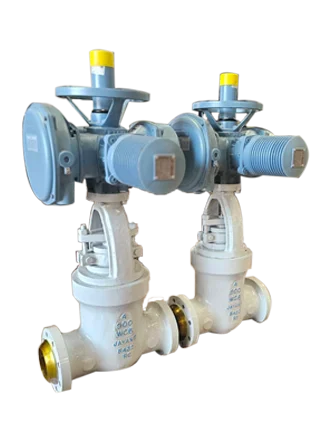FAQ's Of Boiler Valve
1. What is a boiler valve? +
A boiler valve is a mechanical device used to control the flow of steam, water, or other fluids in a boiler system. It helps maintain pressure, ensure safety, and manage system performance.
2. What types of valves are used in boilers? +
Common types include safety valves, blowdown valves, control valves, check valves, gate valves, and ball valves, each serving specific functions within the boiler system.
3. Why is a safety valve important in a boiler? +
The safety valve is critical because it automatically releases pressure if it exceeds safe limits, preventing explosions or equipment damage.
4. How often should boiler valves be maintained or replaced?+
Routine inspection and maintenance should be done every 6 to 12 months. Replacement depends on wear, corrosion, or operational issues detected during maintenance.
5. What materials are boiler valves made of?+
Valves are typically made from durable materials such as cast steel, stainless steel, bronze, or brass to withstand high pressure and temperature.
